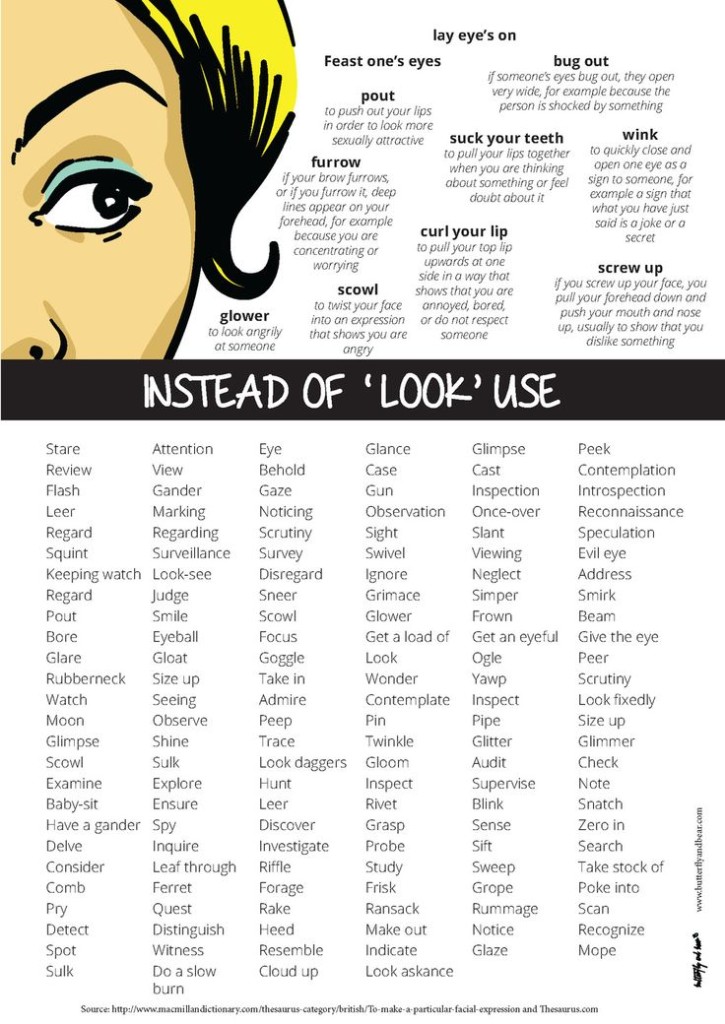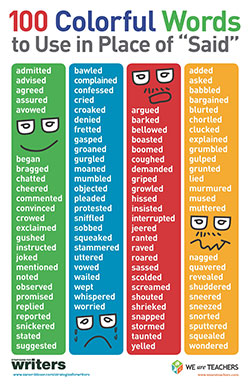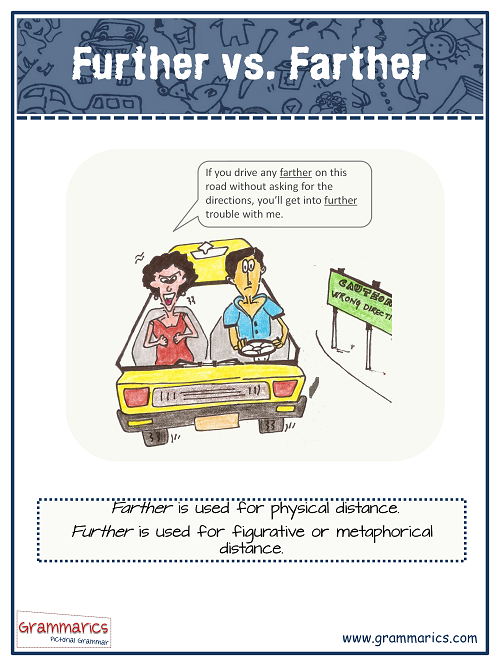Feb 9, 2016 | Tuesday Tips
Each week my daughter has a writing assignment for her fifth grade English class. One of the requirements for the assignment is the use of “sparkle” words. These are words that are more colorful than the basic, boring alternative. Here is a list of “sparkle” words to exchange for the word look. I hope it helps.

Feb 2, 2016 | Tuesday Tips
Oftentimes I find myself reading the same words over and over. When reading dialogue that word is said. He said, she said, I said, whoever said. Everybody said. Today I say, “Said is dead.” Here is a list of words to use in place of said.

Jan 26, 2016 | Tuesday Tips
In my line of work I see (and fix) mistakes. Some errors are more frequent than others, but here is a fun guide to many of the common blunders I come across.

Sep 29, 2015 | Tuesday Tips
It’s been almost a month since I’ve posted a Tuesday Tip. This week we’ll look at the difference between waiver and waver. I’ve seen these words misused and confused more than once.
Waiver (noun) :
- The act of not insisting on, some right, claim, or privilege.
- A legal document releasing some requirement.
- Something that releases a person from a requirement.
Waver (verb):
- To fluctuate or vary
- To shake or tremble
- To sway back and forth; to totter or reel.
- To be indecisive between choices; to feel or show doubt or indecision; to vacillate.
Aug 12, 2015 | Tuesday Tips
This is a tip I use each and every time I have to decide which word to choose.
Use farther when referring to physical distance. (I always think FARther and since it has the word FAR, it means a physical distance.)
Use further when referring to figurative distance, extent or degree.
And just for fun, here’s a meme that might help.

Aug 4, 2015 | Tuesday Tips
It’s been some time since I’ve posted a Tuesday Tip.
I’m constantly making notes about words that are commonly misused as I go through my work of editing and proofreading. Here is today’s common mistake, and hopefully this will help prevent you from making this same error in the future.
The word versus is often used to mean ‘opposed to’ or ‘against’ or ‘in contrast to’. It is commonly abbreviated as vs. or v.
On the other hand, verses is used as the plural form of the word ‘verse’ meaning ‘a poem’.





